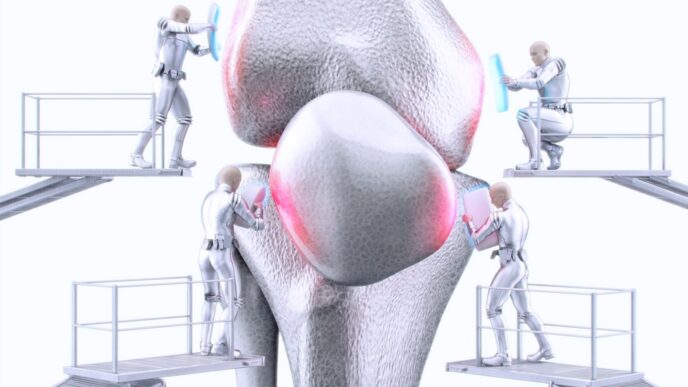Peppermint (Mentha x piperita L.) has long been considered beneficial in addressing cold, cough and various ailments of the throat and respiratory system, as well as in providing relief to gastrointestinal issues such as heartburn, nausea and irritable bowel syndrome.
WORDS PANK JIN SIN
In a pilot study conducted by a team of researchers, 38 patients with swallowing difficulties (dysphagia) and/or non-cardiac chest pain (NCCP) were prescribed with concentrated peppermint oil in the form of tablets.
Those with dysphagia took 2 tablets before meals, while those with chest pain took these tablets on an as-needed basis.
According to the research paper as presented by the lead author Dr Mohamed Khalaf:
- 63% of the patients reported improvements in symptoms after taking the oil.
- The response rate among participants who have both dysphagia and NCCP is higher. 73% reporting that they felt a reduction in symptoms after treatment.
- None of the participants reported new or worsening symptoms; all the participants managed to complete the trial without experiencing side effects.
- The study also noted that peppermint oil offers the greatest benefits to patients with oesophageal spasm and oesophagogastric junction outflow obstruction.
PROMISING CONCLUSIONS
- According to the authors of the study, their findings support the recommendation of the use of peppermint oil to relieve the symptoms of conditions associated with abnormal muscular contractions of the oesophagus.
- This should be done after doctors have ruled out the presence of heart diseases or obstructions in the gastrointestinal system, they added.
- Of course, this is a small study involving only 38 participants, so the authors hoped that other researchers would use the study data to conduct larger scale studies in order to confirm their findings.
| This article is part of our series on the use of herbs in complementary medicine to boost our health and address certain health conditions. |
Reference: Khalaf, M. H. G., Chowdhary, S., Elmunzer, B. J., Elias, P. S., & Castell, D. (2019). Impact of peppermint therapy on dysphagia and non-cardiac chest pain: A pilot study. Digestive diseases and sciences, 64(8), 2214–2218. https://doi.org/10.1007/s10620-019-05523-8














